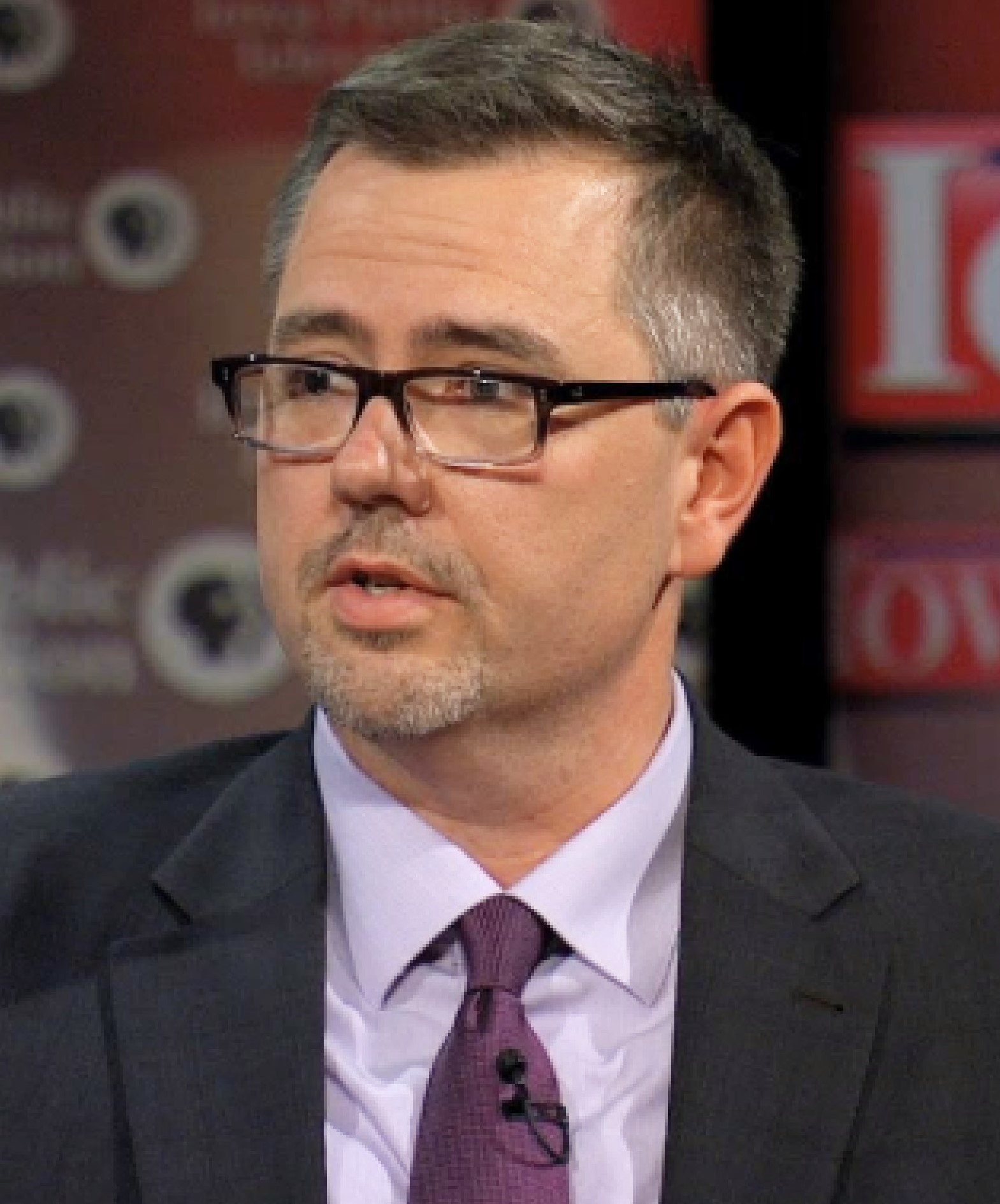
The so-called “blue wave” of 2018 that saw Democrats retake control of the House of Representatives reached the shores of Dubuque. In Iowa’s First Congressional District, which includes the city and county of Dubuque, two-term incumbent Republican Rod Blum was defeated by Democrat Abby Finkenauer.
With her election, Finkenauer, whose limited political resume consisted of being a two-term member of the Iowa House of Representatives, became the second youngest female member of Congress in history. Finkenauer capitalized on an enthusiasm gap. While Blum and Finkenauer both call Dubuque home, Finkenauer carried the City of Dubuque. Similar to national trends, while the Republican carried the rural precincts, the urban/suburban advantage held by the Democrats in 2018 was too much to overcome.
Facing her first re-election contest, Finkenauer is a target for Republicans. The Republican challenging Finkenauer is almost certain to be Ashley Hinson. A familiar face for voters here, Hinson is a former local television news anchor and reporter. She is in her second term in the Iowa House of Representatives, and has demonstrated strength in fundraising. Thus far, Hinson’s campaign has concentrated on the familiar theme of a broken Washington system that focuses more on partisan politics than policy outcomes beneficial to places such as Dubuque.
The local economic picture in Dubuque bodes well for the president and Republicans up for re-election.
Her talking points often note the need for bipartisan efforts, of practicality and pragmatism, and while she has certainly voiced support for President Trump’s re-election efforts, it would be a gross mischaracterization to claim she is running as a Trump acolyte. Her muted tone regarding the president, and on topics such as impeachment, may be a reflection of the political undercurrents in this part of Iowa. With her messaging, Hinson may be avoiding some of the possible downside for the general election of aligning too closely with a polarizing figure such as President Trump. This approach speaks to either party being able to secure Dubuque and Northeast Iowa in November. Indeed, the First Congressional District has been rated as a “toss-up” by analysts.
President Trump’s success in flipping Dubuque Republican for the first time since Eisenhower will be a challenge to repeat, but coming into 2020 the local economic picture in Dubuque bodes well for the president and Republicans up for re-election – including U.S. Senator Joni Ernst. While experiencing a slight uptick near the end of the year, Dubuque’s unemployment is still below the national rate. And in a recent survey of local employers, 60 percent of companies surveyed indicated they intend to add net new jobs in the coming 12 months. While there are many positive economic indicators, the ongoing trade conflict with China and concerns over the global economy linger with major local employers such as John Deere. The importance of exports for Iowa has been reflected in the rhetoric and focus of political leaders here. President Trump’s own remarks have stressed the importance to Iowa of the recently signed USMCA and the phase one agreement with China (as well as the agriculture subsidies provided by the administration).
If President Trump were to draw Senator Sanders as his general election challenger, it is difficult to see the President losing Dubuque.
The polarization in national politics is certainly on display here in Dubuque. Discussions of impeachment have largely reflected the pre-formed and partisan positions held by people before the House vote and Senate trial. And the attention of Dubuque voters was also often drawn away from impeachment by the Iowa Caucuses. As one of the population centers in the state, Dubuque draws its fair share of attention from presidential candidates and campaign organizers, so the local discussions among voters, Democrat and Republican, here often shifted to the 2020 race for the White House. On the stump in Dubuque, impeachment was not a central talking point for most candidates and campaigns. In the Caucuses, South Bend Mayor Pete Buttigieg and Vice President Joe Biden finished one-two across Dubuque County (totals include the city of Dubuque), with Senator Sanders in third. This is another sign that in places like Dubuque, a more centrist vision tends to be most attractive. If President Trump were to draw Senator Sanders as his general election challenger, it is difficult to see the president losing Dubuque.
While polling suggests many Republicans here would prefer the President moderate his tone on social media, there is little indication that he has lost support among the GOP here in Dubuque. As elsewhere, the traditional Republican mantras of free trade and fiscal discipline have been muted in favor of support for President Trump. While economic uncertainty remains in some corners, the overall sentiment locally among Republicans has remained that any short-term difficulty will be worth the final result.
The open question is whether the less partisan and more independent-minded voters of Dubuque agree. After all, “no-party” registrants significantly outnumber Republicans here. For the president to claim victory in Dubuque again, he will need to attract voters beyond the Republican base.
Christopher B. Budzisz is Associate Professor of Politics at Loras College and the Director of the Loras College Poll. This is the third in a series of essays about Dubuque County that Professor Budzisz has authored for the Forum since the 2016 election.




